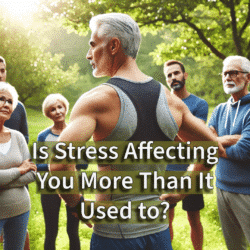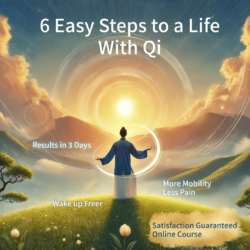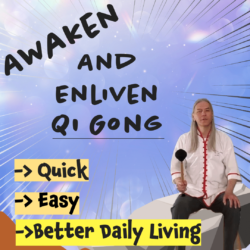Is Stress Affecting You More Than It Used To?
As we age, our ability to recover from stress declines. This article explains why stress hits harder in later life—and how Qi Gong, breathwork, and better recovery habits can help you reclaim your resilience.


